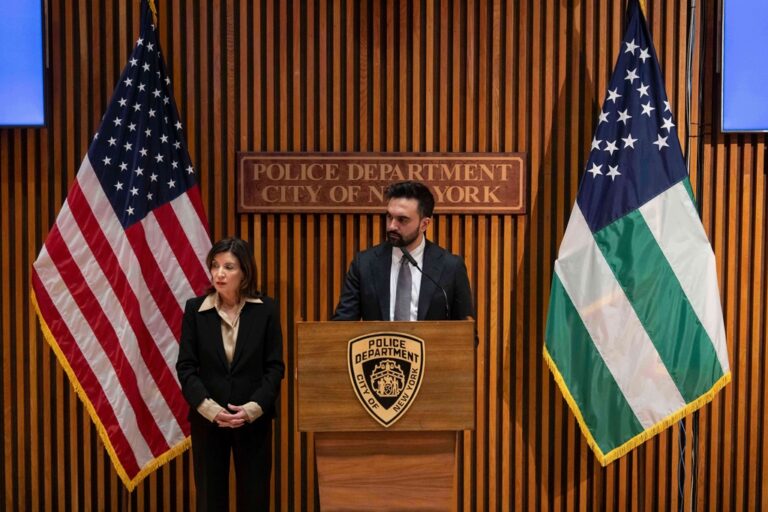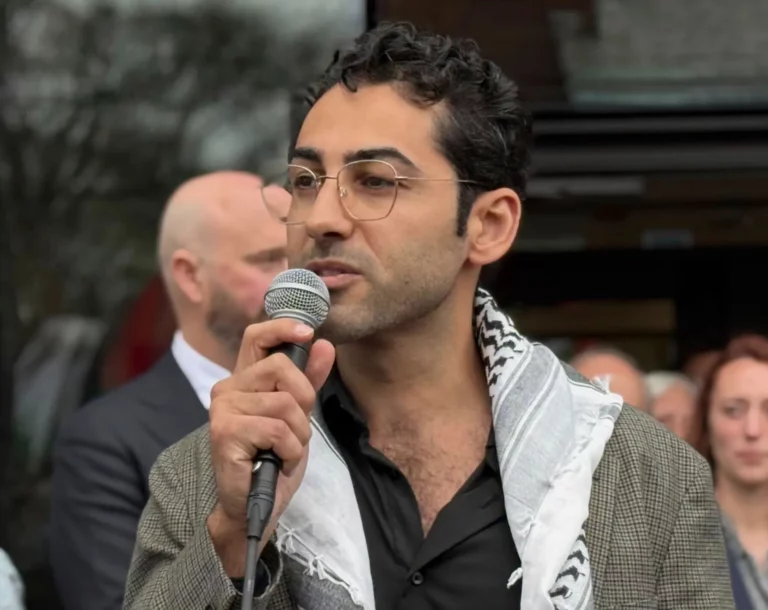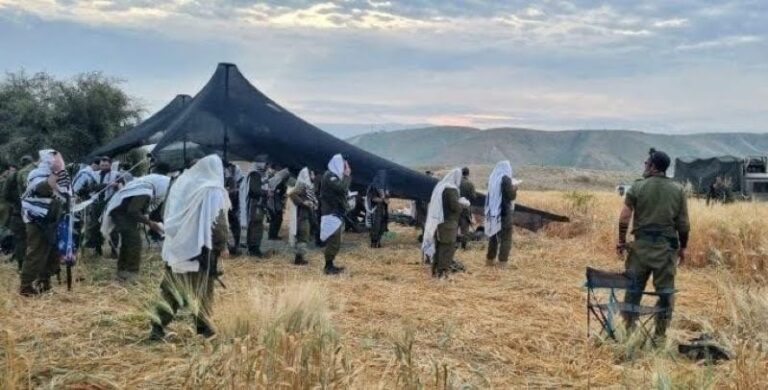The United States called Bahrain and the United Arab Emirates “major security partners” early Saturday, a previously unheard of designation for the two countries home to major American military operations.
A White House statement tied the designation to Bahrain and the United Arab Emirates normalizing ties to Israel, saying it “reflects their extraordinary courage, determination and leadership.” It also noted the two countries long have taken part in U.S. military exercises.
It’s unclear what the designation means for Bahrain, an island kingdom off Saudi Arabia in the Persian Gulf, and the UAE, a federation of seven sheikhdoms home to Abu Dhabi and Dubai.
Bahrain is home to the U.S. Navy’s 5th Fleet, while the UAE’s Jebel Ali port is the busiest port of call for American warships outside of the U.S. Bahrain hosts some 5,000 American troops, while the UAE hosts 3,500, many at Al-Dhafra Air Base.
Already, the U.S. uses the designation of “major non-NATO ally” to describe its relationship with Kuwait, which hosts the forward command of U.S. Army Central. That designation grants a country special financial and military considerations for nations not part of NATO. Bahrain also is a non-NATO ally.
The U.S. military’s Central Command and the Pentagon did not immediately respond to a request for comment. The 5th Fleet referred queries to the State Department, which did not immediately respond to a request for comment.
The White House designation comes in the final days of President Donald Trump’s administration. Trump forged close ties to Gulf Arab countries during his time in office in part over his hard-line stance on Iran. That’s sparked a series of escalating incidents between the countries after Trump unilaterally withdrew from Iran’s nuclear deal with world powers.
It also comes after Bahrain and the UAE joined Egypt and Saudi Arabia in beginning to resolve a yearslong boycott of Qatar, another Gulf Arab nation home to Al-Udeid Air Base that hosts Central Command’s forward operating base. That boycott began in the early days of Trump’s time in office after he visited Saudi Arabia on his first foreign trip.
(AP)










